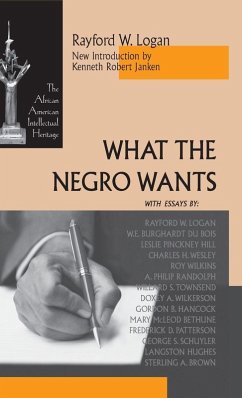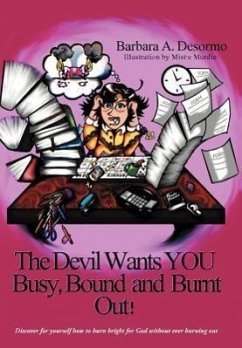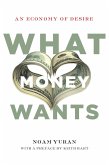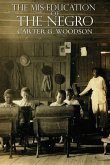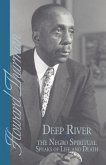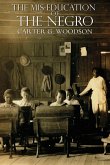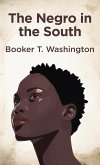Published in 1944, What the Negro Wants was a direct and emphatic call for the end of segregation and racial discrimination that set the agenda for the civil rights movement to come. With essays by fourteen prominent African American intellectuals, including Langston Hughes, Sterling Brown, Mary McLeod Bethune, A. Philip Randolph, W. E. B. Du Bois, and Roy Wilkins, What the Negro Wants explores the policies and practices that could be employed to achieve equal rights and opportunities for Black Americans, rejecting calls to reform the old system of segregation and instead arguing for the construction of a new system of equality. Stirring intense controversy at the time of publication, the book serves as a unique window into the history of the civil rights movement and offers startling comparisons to today's continuing fight against racism and inequality. Originally gathered together by distinguished Howard University historian Rayford W. Logan in 1944, our 2001 edition of the book includes Rayford Logan's introduction to the 1969 reprint, a new introduction by Kenneth Janken, and an updated bibliography.
Hinweis: Dieser Artikel kann nur an eine deutsche Lieferadresse ausgeliefert werden.
Hinweis: Dieser Artikel kann nur an eine deutsche Lieferadresse ausgeliefert werden.

